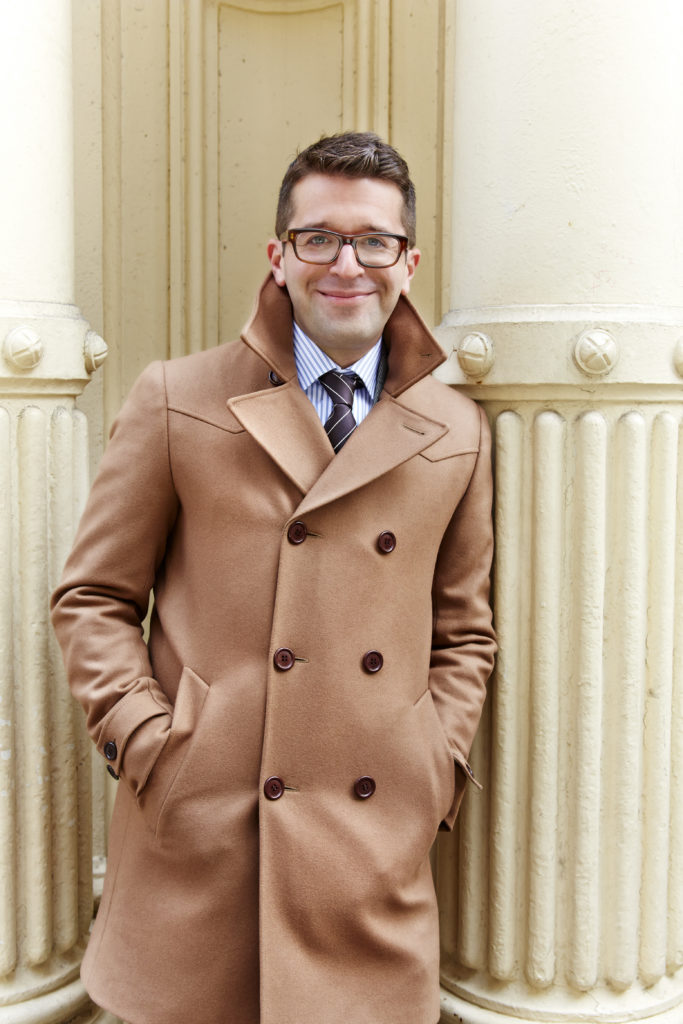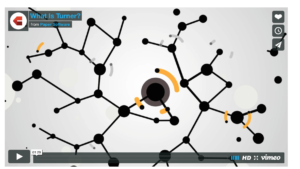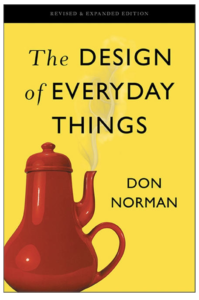Startup Snapshot: Ben Whetsell Paper Software
Compiled by Monica Bay
Meet Benjamin Whetsell, 34, co-founder (with his twin, Nathan Whetsell) of Paper Software, their first startup. They released Turner, (for Apple Inc.’s Mac computers) in September, 2015; and Contract Tools (for Microsoft Corp.’s Word on Windows PCs) in February, 2016.

Home base: New York City.
Social Studies
Website: papersoftware.com
Twitter: @papersoftware
Facebook: papersoftware
LinkedIn: paper-software
Education
Columbia Law School: J.D., 2007. University of Michigan: Bachelor of Business Administration, 2004. Admitted in New York and Washington D.C.
Past significant jobs
Fried Frank, associate, 2007–2010.
What problem does your startup solve? Contracts are complex, interconnected blocks of information. Our products use a variety of approaches to help people deal with this complexity:
• Extract information about connections from text and then present an overview.
• Integrate information about connections into text (for example, by letting you explore connections by clicking words and phrases).
• Proofread for broken and ambiguous connections.
Contracts are also text, and text can get messy. Important information— payment amounts, deadlines, etc.— can be presented anywhere and in a variety of ways. Our products make it easy to find these less-structured kinds of information.
Also, contracts change: they’re negotiated, amended, etc. Our products (especially Turner, which is a standalone document editor) offer a variety of tools for making changes to contracts: autocompleting text, tracking unfinished items and more.
Audience: Contracts are core tasks for many lawyers (especially Big Law and in-house counsel) and many other professions.
Is Paper Software on the market? What does it cost? Our products are available at papersoftware.com. For individuals, Contract Tools is $10/month or $100/year; Turner is $15/month or $150/year. For law firms and other enterprises, we offer volume licensing and other options.

Patents pending? Five.
What inspired you to pursue Paper Software? As an associate, I spent many hours doing tasks that our products now can do in a couple seconds. I saw an opportunity to create products that would be useful and valuable to many people.
Your biggest challenge with the startup? Creating technologies that detect structure in text that’s stored without it. Editing structured text. File import and export. Fixing what we can fix and working around what we can’t. Making it so that anyone anywhere can enter a (non-disposable) email address in a field on a website (securely), and then immediately get everything necessary for a free trial. Limiting the number of free trials to one. Making our software easy to install on Mac and PC. Making our software so easy to use that you don’t need a user guide. Creating a user guide anyway. Demoing. Advertising. Accepting payments. Order fulfillment. Inertia.
What do you need right now? In six months? In a year?
• Right now, I think we need two things: 1) more people to know about our products (advertising is an art and science of its own, and we don’t have a lot of experience with it) and 2) guidance on what we’ll need in six to 12 months (as our user base grows).
• In six to 12 months, I think we’ll need assistance (more than we have right now) with the myriad activities that go into running a software business that aren’t strictly software development: support, sales, etc.
What have you learned that you wish you knew five years ago? Just start. I think the time I’ve spent worrying about some new thing (and sometimes even planning some new thing) would’ve been better spent on activity (and learning from this activity).
Who most influenced you? Edward Tufte, (statistician and artist, Professor Emeritus at Yale University) through his work on information design: a catalog of useful strategies (small multiples, layering, smallest effective difference, and more) for presenting all kinds of information, with tons of examples of these strategies in practice (and not in practice), presented with the highest quality and integrity. I dip into his books all the time.
Most important mentors? Frank Eisenreich, music teacher at the Upper St. Clair school district in Pittsburgh. (Focus. And. Execute.) More recently, Emil Buchman and Arthur Kaufman at Fried Frank (taught me just about everything I know about how to negotiate and much else besides).

What books have had a major influence on you? The Design of Everyday Things by Don Norman. More than any other book, it changed the way I think about everyday work and how it can be manageable and even enjoyable (or not) depending on the tools you use.
Advice for other entrepreneurs? There are any number of people who will relish the opportunity to belittle you, what you do and every other unfamiliar thing under the sun for any reason or no reason at all— just be ready. Besides that: go out, get exercise and make sure you keep having a life.
What are you afraid of? Climate change.
Favorite vacation destination: Most recently, the wilderness of southern Africa. Seeing wild animals, hearing the sounds they make, the smell of the air—it’s sensory overload.
Favorite musicians: Docteur Nico, a Congolese guitarist: his guitar parts are inventive, but always sound like an organic part of a song. Favorite group: Radiohead.
What does your workspace look like? (Borrowed from Sam Gosling.) Messy. I get the most done when I have reminders of the things I need (or want) to do out where I can see them.
Favorite food: Chicken, for the variety of things you can do with it (one of my favorites is Marc Forgione’s chicken under a brick).
Favorite quote: “A problem thoroughly understood is always fairly simple” (Charles Kettering), or “a problem well put is half-solved” (John Dewey). Whoever said it and however it was said, what appeals to me about this thought are its implications for any kind of project (not just tech startups). Wrong turns and failed experiments are forward progress as long as you’re learning about the overall problem that you’re trying to solve.
Your mantra: Redo it.

Aside from family members, who would you want sitting next to you if you got stuck for three hours on the tarmac in a 737? Keith Richards. You know it wouldn’t be boring.
Compiled by Monica Bay, CodeX Fellow. Twitter: @MonicaBay Email: mbay@codex.stanford.edu
Photo, Benjamin Whetsell: Keith Barraclough.
Photo, Keith Richards, keithrichards.com
Cover image: Clipart.com
